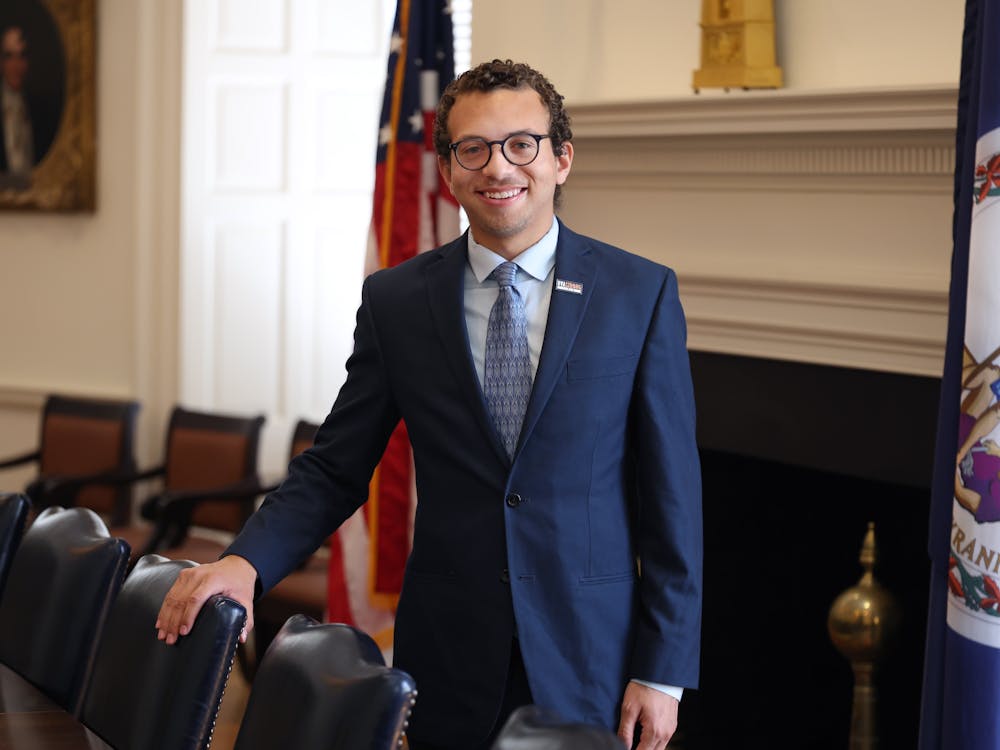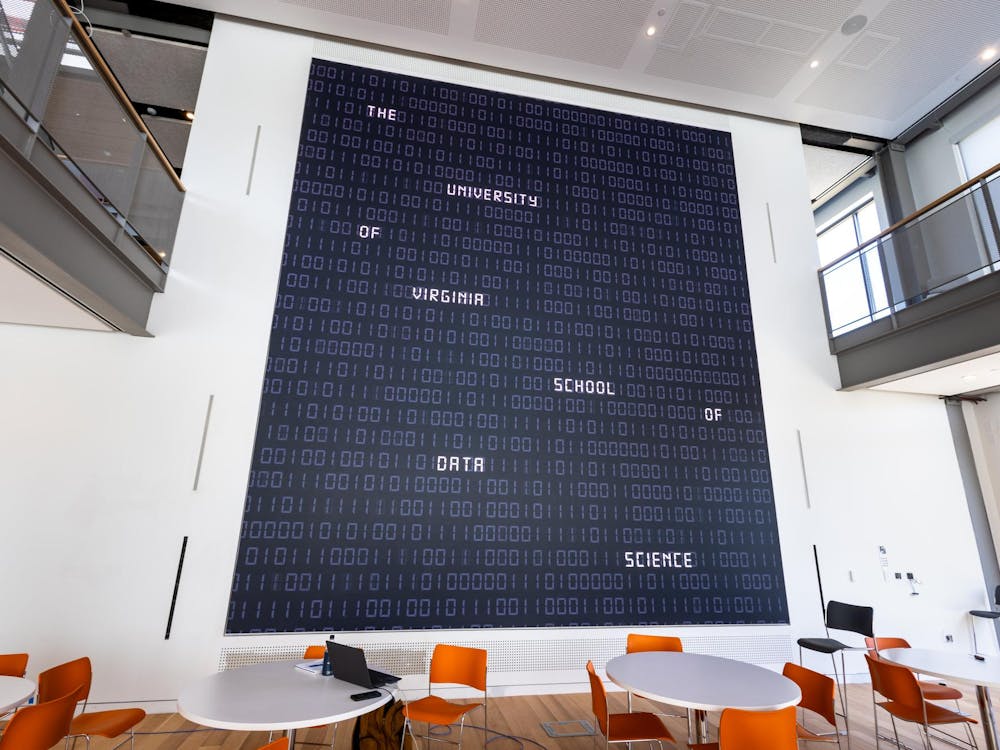Although the University surpassed its $1 billion Capital Campaign goal with a $62 million gift to the Darden School Dec. 10, University President John T. Casteen III said there has not been talk of raising the official goal again.
However, Campaign officials said the University will continue intense fundraising well beyond the Campaign's official end date of Dec. 31. They noted that although the $1 billion goal has been met, there are stil several core areas in the University's schools that need additional funds, such as the Fine Arts programs and the Miller Center, which hosts government-related programs.
"There are many needs in the Campaign yet to be addressed -- special priorities in schools and programs and needs that have arisen since the Campaign began," Development and Communications Director Bill Sublette said.
Although the Campaign has reached its goal, Campaign officials said they are not worried that potential givers will be hesitant to give money.
"Donors have interests -- things they would like to achieve at the University and that impels them to give," Sublette said. "Donors understand the need for private funding does not end with the Campaign -- it is an ongoing need that requires support beyond the Campaign."
Casteen said the approach officials have been taking with donors also will not change, even though the University met its goal a year ahead of schedule.
"The Campaign transition strategy, i.e. the change from the Campaign to what comes after, is to sustain the level achieved during the Campaign and build on it. This strategy has worked at other institutions that raise money as we do -- Princeton, Michigan and Dartmouth, for example," he said.
He added that it is important to target younger alumni in fundraising efforts.
Younger alumni "have fresh ambitions for the University. They include large numbers of women and minority graduates -- the estimate is that women will be more than half the alumni count in 2008, and they are almost by definition younger alumni -- and younger alumni are the obvious key to any strategy for the University's future," Casteen said.
To date, the Campaign has raised $1.047 billion, Sublette said, including the $62 million gift to Darden, donated by Frank Batten Sr., a 1950 College graduate and retired entrepreneur.
Batten's gift will endow five Darden professorships, allow for a 75 percent increase in endowed scholarship resources, create a fellows program enabling corporate executives to come to Darden and will provide venture capital funding.
Batten, who is the retired chairman of Landmark Communications, Inc., said at a Dec. 10 press conference that "a great opportunity to make a difference is to develop at Darden a world [class] program in entrepreneurship -- I am confident Darden is the place for that. A good start has been made, now it is time to take it to a higher level."
Although there was talk of raising the Darden's $100 million Campaign goal after the $62 million gift, officials decided against it, said Phil Giaramita, Darden School director of public relations.
Batten's gift pushed Darden past its Campaign goal of $100 million to $192 million and raises Darden's endowment about 37 percent.
Darden raised $102 million in 1999 alone, Giaramita said, an amount of money larger than all other Campaign years combined.
Darden also has received 70 percent of pledged contributions, which is unusual, he said.
Phase II of the Darden expansion program has been financed now, he added.
The expansion will include parking, a dining hall, faculty offices, a large auditorium and more classrooms, Giaramita said.
The University's Campaign began in 1995 with an original goal of $750 million. In February 1998, having raised more than $670 million, the University raised its goal to $1 billion.






